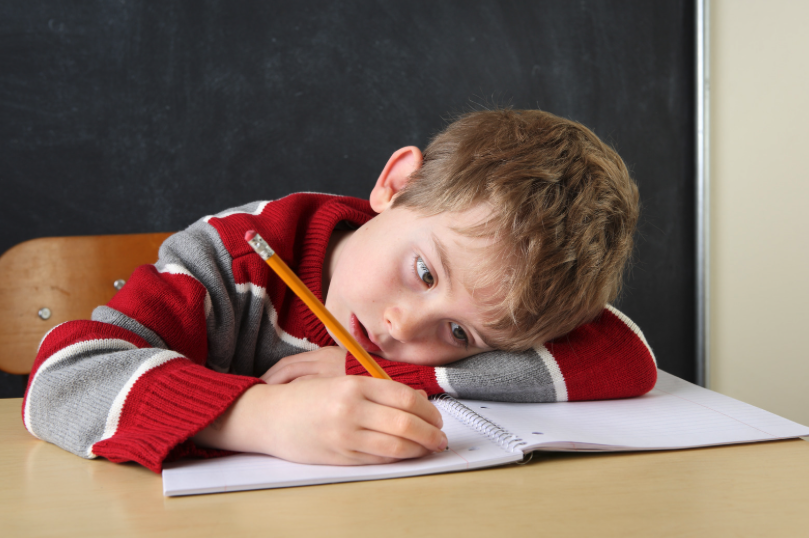The number of children and adolescents on medication for ADHD has risen, particularly among girls, prompting experts to raise concerns over this treatment method.
The number of children and adolescents receiving Rilatine or similar medication for ADHD (attention-deficit/hyperactivity disorder) has increased by 20% in ten years, a new study by Belgian health fund CM found. One in 40 Belgian children and adolescents aged between 6 and 17 (accounting for 2.4%) were prescribed such medicine in 2022.
"The research shows that something is wrong with the way ADHD is treated with medication," CM President Luc Van Gorp said.
While the health fund does not question the fact that some young patients can benefit from these methylphenidate-based drugs, it stresses that there is a need to analyse medication use and adjust it where necessary.
Incorrect diagnosis
Remarkably, medication use is clearly higher in Flanders (2.9% of children) than in Wallonia (1.1%) and Brussels (0.6%).
It is still mainly boys who are most often prescribed ADHD medication, but the gap is closing, as the number of girls receiving medication has increased by 42%.
Interestingly, children – mostly boys – born between October and December are more likely to take medication for ADHD, a trend also seen in other countries. Those children are the youngest in the class, meaning it is possible that in certain cases, immaturity is mistaken for an attention disorder and medication is therefore wrongly prescribed.
This is in stark contrast to the advice given by the UN Children's Rights Committee to Belgium, which states that medication should only be used as a last resort in ADHD treatment. "Better understanding of attention disorders such as ADHD is needed, not only in the medical world, but also in education," Van Gorp stressed.
Unknown long-term effects
This type of medication is generally taken for a very long period of time. Half of young people take it for longer than eight years, and 25% of 6-year-olds even take the medicine up to age 17.
This is all the more worrying when considering that the medication has side effects such as decreased appetite and worsens sleep, and little is known about the long-term effects.
Moreover, 8% of children treated for ADHD were also taking antipsychotics in the same year, twice as many as in 2013. Less well-off children are twice as likely to combine antipsychotics with ADHD medicine.
The CM health fund stressed that the fact young patients are often not systematically followed up by healthcare providers experienced in dealing with mental health problems is also cause for concern.
Related News
- Perpetual lateness in people caused by multiple factors, psychologists say
- Drinking coffee may alleviate symptoms of ADHD, new study says
In 2022, only 43% of children taking ADHD medication saw a psychiatrist and only 15% saw a psychologist. "This is insufficient and worrying," said Van Gorp.
In the long term, treatment by a psychologist yields similar results to treatment with medication. "Medication should be combined with other types of treatment, such as therapy. That treatment should also become more accessible." (Figures show that this is not currently the case.)
Because only two of the four methylphenidate-based drugs are reimbursed by health insurance, the study's figures may underestimate reality. CM therefore advocates clear registration of all drugs sold, including those that are not reimbursed.

